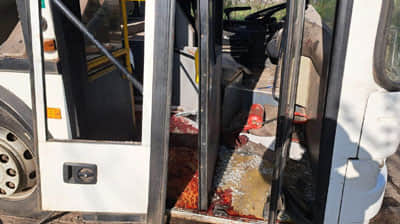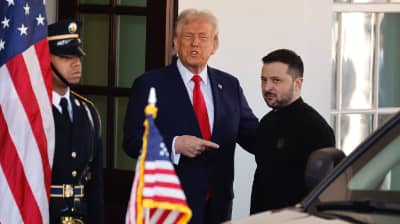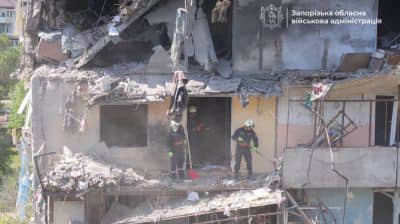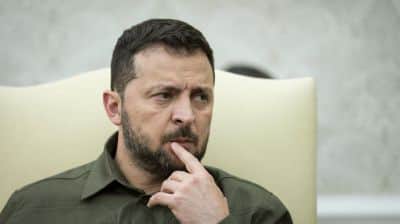ISW analyses Russian "creeping offensive" on Toretsk front
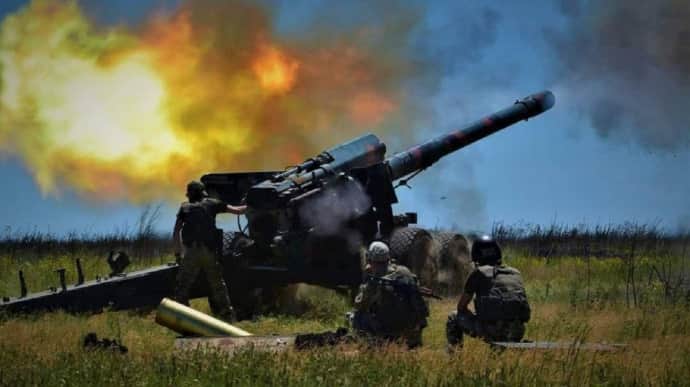
The Institute for the Study of War (ISW) have analysed and assessed the Russian "creeping offensive" on the Toretsk front, which confirms the Kremlin's strategy of a war of attrition.
Source: ISW
Details: Russian forces have maintained the pace of their offensive operations in the Toretsk area since 18 June, aiming to reduce a Ukrainian salient there. However, rapid Russian gains near Toretsk seem unlikely at present. The limited forces committed to this operation indicate a preference for gradual advances through persistent assaults rather than quick, significant gains.
ISW noted that Russian forces intensified their assaults on the Toretsk front on the night of 17-18 June, located southwest to Chasiv Yar and northeast to Avdiivka. Before this, the sector had seen little activity in 2024. The assaults have primarily been frontal, infantry-heavy attacks on small settlements south and east to Toretsk, with no significant mechanised assaults conducted.
Despite these efforts, Russian forces have not achieved notable tactical gains in the area.
They appear to be attempting to exploit the diversion of Ukrainian forces to northern Kharkiv Oblast, aiming to make gains in Donetsk Oblast. However, the Ukrainian salient in Toretsk could deepen, as Russian forces advance near Chasiv Yar and northwest to Avdiivka without similar progress near Toretsk. This would allow Ukrainian forces to conduct attacks on the immediate rear areas of the Russian advance, making Russian forces more vulnerable to counterattacks.
The Russian military command might intend for operations in Toretsk to support a push from Chasiv Yar toward Kostiantynivka or simply to pressure Ukrainian forces along a broader front in Donetsk Oblast. While ISW assess rapid tactical gains in Toretsk as unlikely, consistent offensive operations in the area may pursue incremental advances.
These slow, grinding operations align with Russian leader Vladimir Putin's strategy of gradual, creeping advances to wear down Ukrainian forces. To counter this, the West must provide Ukrainian forces with the necessary equipment and weapons in a timely and regular manner to enable significant operations that challenge Putin's attrition-based approach.
To quote the ISW’s Key Takeaways on 27 June:
- Russian forces have sustained the tempo of their offensive operations in the Toretsk direction since activating in the area on 18 June and likely aim to reduce a Ukrainian salient in the area, but there is little current likelihood of rapid Russian gains near Toretsk. Russian forces have committed only limited forces to this operation so far, which suggests that Russian forces continue to prioritise gradual advances through consistent grinding assaults over operationally significant gains through rapid manoeuvre.
- Slow grinding Russian offensive operations in the Toretsk direction are in line with Russian leader Vladimir Putin's articulated theory of victory that posits that Russian forces will be able to continue gradual creeping advances indefinitely, prevent Ukraine from conducting successful operationally significant counteroffensive operations, and win a war of attrition against Ukrainian forces
- Ukraine signed long-term security agreements with the European Union (EU), Lithuania and Estonia on 27 June.
- Russian officials and information space actors continue to frame migrants as a threat to Russian society amid ongoing efforts to utilise migrant communities to address Russia's force generation needs.
- The Kremlin may be using indirect means to bypass Russian law and codify a state ideology that emphasises Russia's "traditional" social values while attempting to increase Russia's birth rate.
- There is currently no evidence supporting recent reports that North Korea may be sending engineering forces to rear areas of occupied Ukraine, and ISW has been unable to locate the North Korean confirmation that some Western amplifications allege has been made.
- Russian forces recently marginally advanced near Siversk, Avdiivka and Donetsk City.
- Russian leader Vladimir Putin held a meeting on the long-term future of the Russian Navy and Russian shipbuilding on 26 June and noted that the Russian Ministry of Defence (MoD) plans to introduce more than 40 new ships and vessels to the Russian Navy in 2024.
Support UP or become our patron!
